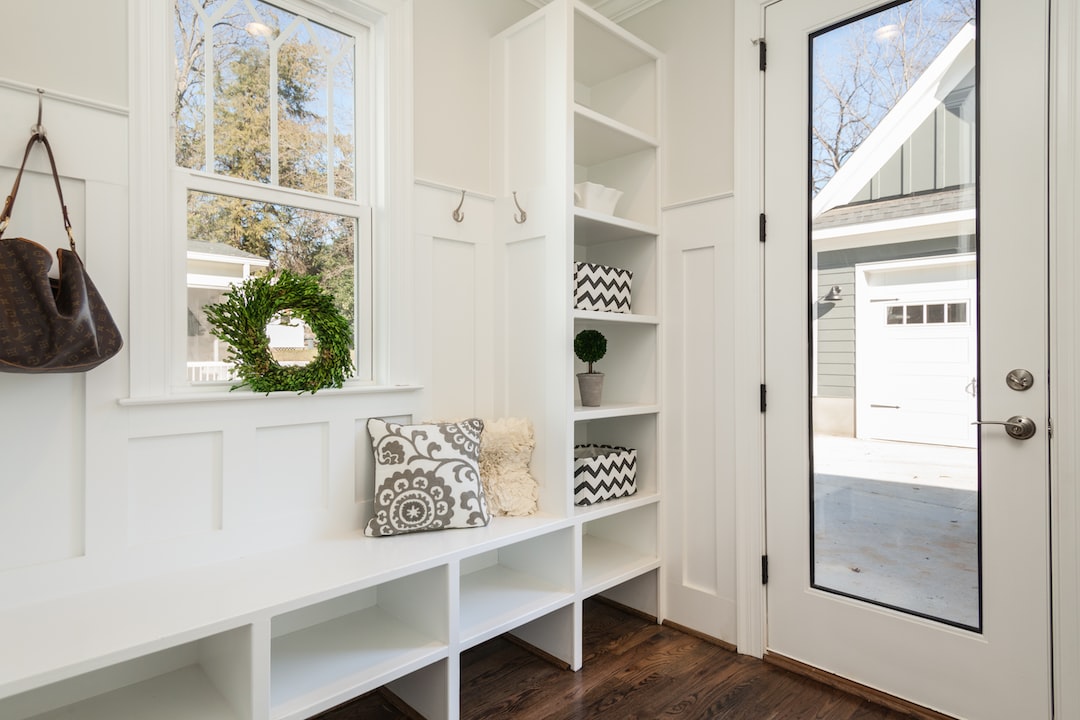
Breaking Down the Costs of Buying a Home
Share0Breaking Down the Costs of Buying a Home
Buying a home is undoubtedly one of the most significant financial commitments that most people make in their lifetime. While it is an exciting milestone, it is essential to be aware of the various costs involved to avoid any surprises down the road. In this article, we will break down the costs of buying a home, helping you navigate through this complex process.
1. Down Payment:
One of the primary expenses when purchasing a home is the down payment. Typically expressed as a percentage of the total purchase price, this payment is made upfront. The down payment amount can vary depending on the type of loan you obtain and your financial situation. Generally, a down payment of 20% of the home’s purchase price is required to avoid private mortgage insurance (PMI), which can add to your monthly expenses.
2. Closing Costs:
Closing costs encompass a range of charges associated with the transfer of property ownership. These costs typically include fees for the loan origination, appraisal, title search, title insurance, survey, and attorney services. Additionally, you may need to pay property taxes, prorated homeowner’s insurance, and prepaid interest. It is vital to consult with your real estate agent or lender to get an estimate of the closing costs and budget accordingly.
3. Home Inspection:
Before finalizing the purchase, it is wise to have a professional home inspection. While it is an optional expense, it is highly recommended to avoid potential surprises and costly repairs in the future. A home inspection can identify any structural or functional issues with the property, allowing you to negotiate repairs or reconsider your decision.
4. Mortgage Interest:
When you opt for a mortgage loan, interest charges are an integral part of the long-term cost of homeownership. Your interest rate will depend on various factors, including your credit score, loan type, and economic conditions. It is essential to compare different lenders and understand the terms to secure the best interest rate possible and save money over the life of the loan.
5. Homeowners Insurance:
Homeowners’ insurance protects your investment in case of damages caused by natural disasters, theft, or accidents. The cost of insurance varies depending on the location, size, and condition of the property, as well as the coverage options chosen. It is crucial to research and obtain multiple quotes to find the most suitable and cost-effective policy for your needs.
6. Property Taxes:
Property taxes are determined by the local government and are based on the assessed value of the property. The amount you pay can vary significantly depending on the area where you buy your home. It is important to consider property taxes when budgeting for your monthly mortgage payment and factor them into your overall expenses.
7. Maintenance and Repairs:
Owning a home entails ongoing expenses for maintenance and repairs. While these costs can vary greatly depending on the age and condition of your property, it is recommended to budget at least 1-3% of the home’s value for annual maintenance. This amount can help cover routine repairs, landscaping, and any unexpected issues that may arise.
8. Moving Costs:
Finally, it is essential to consider the expenses associated with moving into your new home. Whether you hire professional movers or rent a moving truck, these costs can quickly add up. Additionally, you may need to purchase new furniture, appliances, or décor items to make your new space feel like home.
In conclusion, buying a home involves more than just the purchase price. It is crucial to consider all the associated costs, such as the down payment, closing costs, home inspection, mortgage interest, insurance, property taxes, maintenance, and moving costs. By being aware of these expenses and budgeting accordingly, you can make a more informed decision and ensure that the homebuying process is a smoother and more enjoyable experience.
